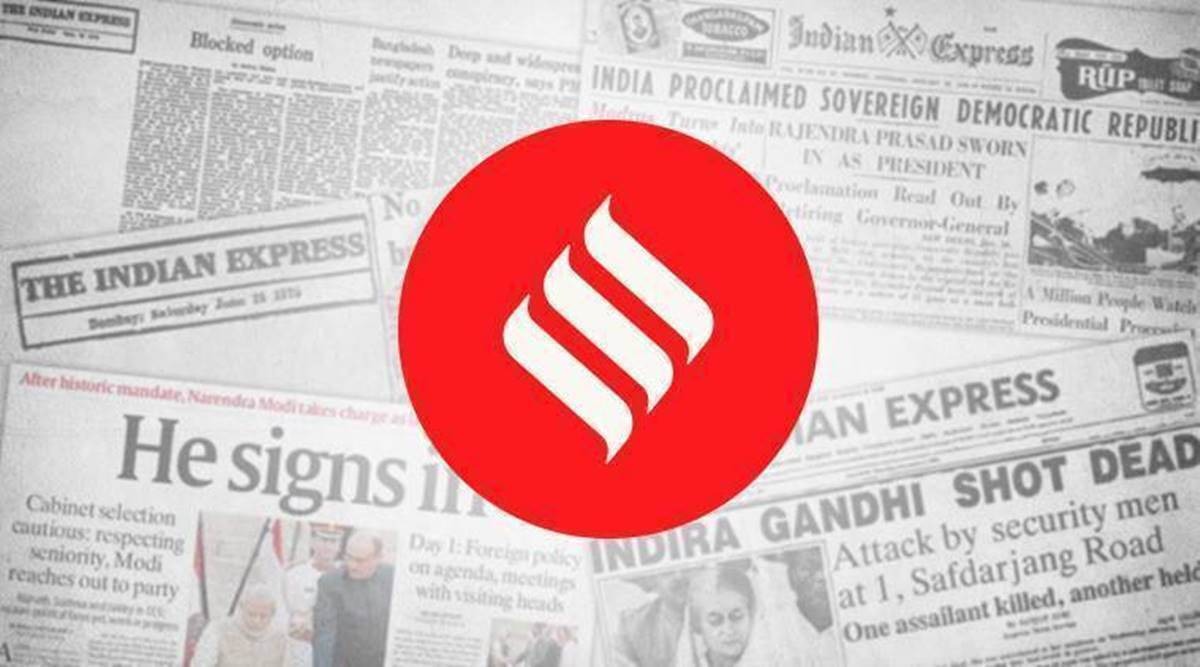 Lavrov’s claims that Ukraine “possesses Soviet technology and means to deliver these weapons” and his accusations against the West for being “fixated” on a nuclear war are escalating the tensions in Europe.
Lavrov’s claims that Ukraine “possesses Soviet technology and means to deliver these weapons” and his accusations against the West for being “fixated” on a nuclear war are escalating the tensions in Europe. Russian foreign minister Sergei Lavrov is not a novice. He has been leading Russia’s relations with the world for nearly two decades, and before that he was his country’s Permanent Representative to the United Nations for a decade. He knows what impact the words of a senior functionary like himself can carry across the world, as the country that he represents has only days ago launched a military invasion of its smaller neighbour. So when he lets drop the sentence (in an interview to the Russian news agency RIA) that “if a third World War were to take place, it would involve nuclear weapons and be destructive”, he does so deliberately, knowingly. Read together with Russian President Vladimir Putin’s warning to the world as he sent his troops into Ukraine last week that any attempt to “interfere” with the Russian action would lead to “consequences never before seen”, his orders putting Russia’s nuclear forces on alert, and the Russian Navy’s reported drill, complete with nuclear submarines in the Barents Sea, Lavrov’s words are alarming.
Lavrov’s claims that Ukraine “possesses Soviet technology and means to deliver these weapons” and his accusations against the West for being “fixated” on a nuclear war are escalating the tensions in Europe. For the record, under a 1994 agreement, Ukraine gave up all the nuclear weapons stationed on its territory by the Soviet Union to Russia in return for monetary compensation, and joined the Nuclear Non-Proliferation Treaty. Russia, on the other hand, has the world’s largest nuclear arsenal, according to the Stockholm International Peace Research Institute. The nuclear sabre-rattling by Lavrov can only shrink the space for peaceful conflict resolution. Despite tremendous pressure from the US and partners in Europe to join them in condemning the invasion of Ukraine, India was among 35 countries that abstained from voting on a resolution denouncing “Russia’s aggression against Ukraine” in the UN General Assembly on Tuesday and at the Security Council last Friday.
Delhi has many reasons to hold on to its independent position, not least its long partnership with Moscow. It has sought to explain the abstentions as an attempt to give diplomacy a chance and find a middle ground from which to reach out to both parties for peaceful resolution of the crisis. But Lavrov’s nuke-war talk makes Delhi’s challenge more difficult than it is, particularly with thousands of Indian students still stranded in Ukraine. A second round of talks between Russia and Ukraine got underway on Thursday. But Lavrov’s declaration right before that Russia will continue targeting and destroying Ukraine’s military infrastructure, is hardly helpful. Delhi must continue efforts to persuade Moscow to declare a ceasefire. That will not just enable Indian citizens to leave Ukraine safely, but also create the right conditions for a diplomatic resolution of the crisis.
This column first appeared in the print edition on March 4, 2022 under the title ‘The N-word’.
- The Indian Express website has been rated GREEN for its credibility and trustworthiness by Newsguard, a global service that rates news sources for their journalistic standards.

